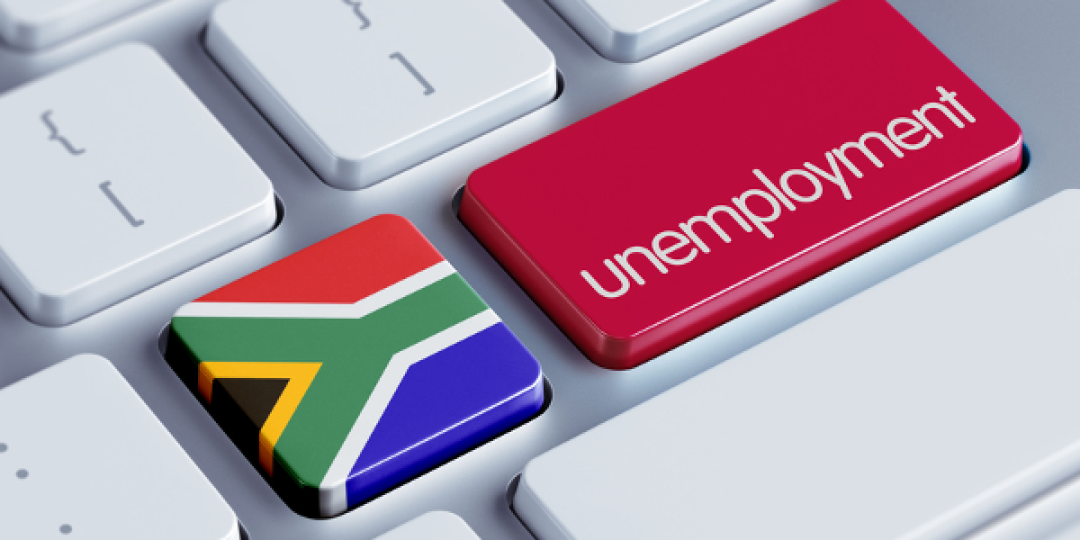The closing and mothballing of tourism and travel-related businesses began in earnest this week as SA Tourism and the Tourism Business Council of South Africa flabbergasted the industry by releasing their expectation that domestic tourism would only be fully restored in December and international tourism in February next year.
For many companies, with their income having evaporated, it was going to be touch and go to survive three months to the end of June. It is said, among those involved in the international tourism sector, that as many as 85% of companies will not survive without income from international visitors for 11 months.
Domestic tourism, which is now only expected to resume properly in December, will not compensate. South Africa, like Italy and Spain, is primarily dependent on the foreign exchange international tourism brings.
Government’s R200 million (€10.13m) specific tourism support is less than a thousandth of the sector’s contribution to GDP.
One company, Airports Company South Africa, said this week it needed more than 50 times that amount alone.
According to the World Travel & Tourism Council, in 2018 some 1499000 jobs in South Africa were dependent on tourism. These include the indirect and induced jobs. Indirect jobs include those such as farming, which supplies the industry with the 50 million eggs a year it serves at breakfasts. Car-hire companies and vehicle operators are also a massive market for the automotive industry. Induced jobs are those created by what those employed in the industry personally consume.
The WTTC said in its 2019 report that in SA the tourism and travel sector was responsible for creating one in five new jobs in the last five years. Its R425 billion (€21.53bn) contribution to GDP made up 8.9% of South Africa’s total.
A leading authority on tourism in South Africa, Gillian Saunders, told Tourism Update, that, from a rough calculation, the COVID-19 disaster was likely to cost the country 555 000 to 600 000 direct jobs and 1 100 000 to 1 200 000 jobs in total. She said a more accurate figure should be available in a couple of weeks.
There is a suspicion that accusations that the industry is a white male preserve may be influencing government’s lethargic approach to restarting tourism.
White males only make up 5% of the direct tourism workforce; the sector is over 90% black in terms of the B-BBEE laws.
Already, in 2017 the government's official statistics said white males only made up 40 138 out of a total of 722 013 directly employed in the industry.
Meantime, the TBCSA and SA Tourism are trying to accelerate the reopening of tourism and are preparing to present key facts to get the attention of government.
According to a German tour operator, the South African government has yet to engage with the European Commission on what requirements will be needed before travel can restart. As a result, South Africa has been lumped with the rest of Africa. With little hope of continent-wide COVID testing in Africa being up to EU testing standards, Africa is off the radar as far as restarting travel to and from the continent.
Speaking on a forum provided by SATSA, the operator said that in Germany the tourism industry staff were on the streets pressuring their government to move on restoring travel. The industry needs to lobby more, she said.






















